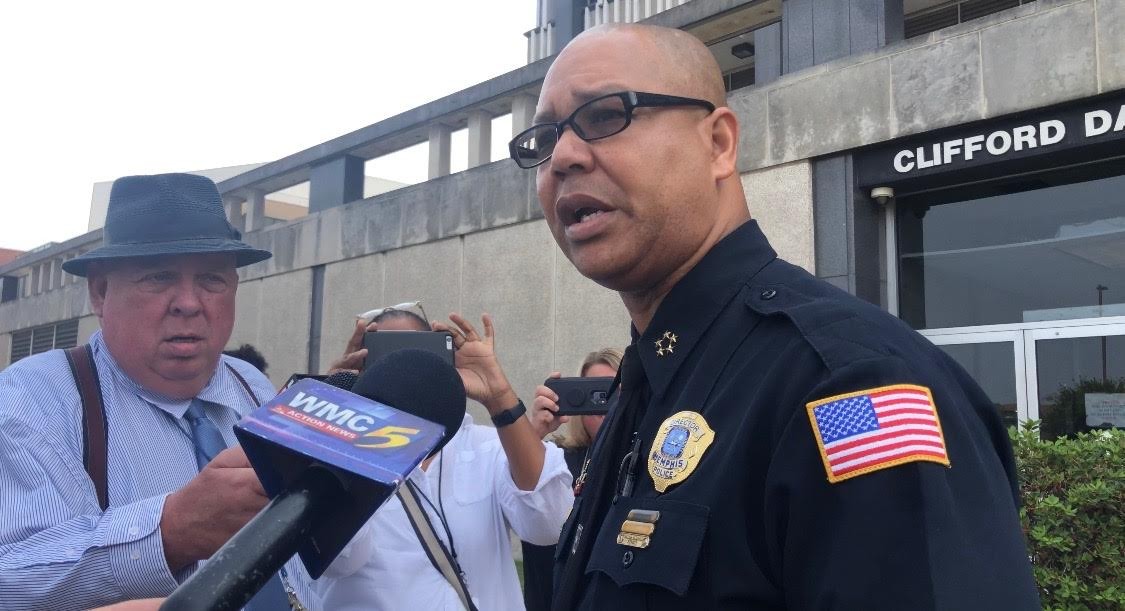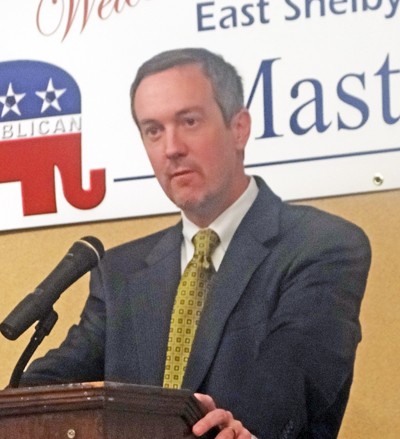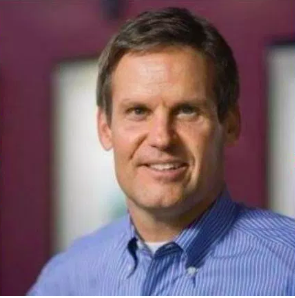The issue of public safety is sure to surface sooner or later in this city election season. Fodder for it was provided on Tuesday during an address to the Rotary Club of Memphis from Memphis Police Director Michael Rallings.

MPD director Mike Rallings
As is usual under such circumstances, the head of MPD was prepared with plenty of statistics. In a nutshell, there were two sets of measurements: 1) the state of criminal incidents since last year, and 2) the state of things since the city’s high-mark for violent crime in 2006 — the year that the data-driven policy of Blue Crush took hold in the department.
By the second measure, progress is undeniable. The incidence of crime is down 6 percent since the advent of Blue Crush — and, as Rallings noted, that means 1,625 fewer victims per annum. As for violent crimes, there were 36,859 by this point in 2006; there are some 26,000 in 2019, thus far, an impressive decline.
Now for the bad news: “Homicides are still a challenge,” Rallings said. The number of murders has picked up this year by a margin of 13 percent over last year. Another issue is a drastic increase in the number of firearms stolen from vehicles since the passage of state legislation several years back that allows guns belonging to licensed owners to be left in automobiles. Rallings pointed out the irony that the state’s lawmakers were much more scrupulous about banning the use of cellphones in cars than they have been regarding guns.
The director said the ideal number of MPD officers is 2,600, adding that there are 2072 officers currently. He said he expects to see the force reach 2,300 officers by the end of 2020.
But, as Rallings noted, the best means of lowering the crime rate is not that of merely buttressing the police component. He pinpointed three predominant facts common to offenders: 1) the fact of being a high school dropout, 2) the subjection during one’s upbringing to an atmosphere of domestic violence, and 3) the incidence of transience in the life of offenders’ families. The best means of curtailing crime, Rallings said, would be to find solutions to these insufficiencies in the lives of the city’s less fortunate citizens.
This year’s mayoral candidates might take heed of Rallings’ findings, particularly his syllogism that “to improve literacy is to reduce crime.” That relates particularly to his first point. As for his second point, Rallings said there was a direct correlation between “intimate-partner violence” in the home to crimes committed later on by youths raised in those circumstances. Clearly, an increased emphasis on reducing domestic abuse is as relevant to crime control as it is to culture in general in the #MeToo era.
All in all, Director Rallings made obvious the connection between social attitudes, insufficient housing, poverty and its attendant social problems, and the crime rate. It behooves the mayoral candidates of 2019 to consider the facts and come up with strategies to improve the situation on all fronts.

 Facebook
Facebook  REUTERS | Leah Millis
REUTERS | Leah Millis  JB
JB 


 Justin Fox Burks
Justin Fox Burks